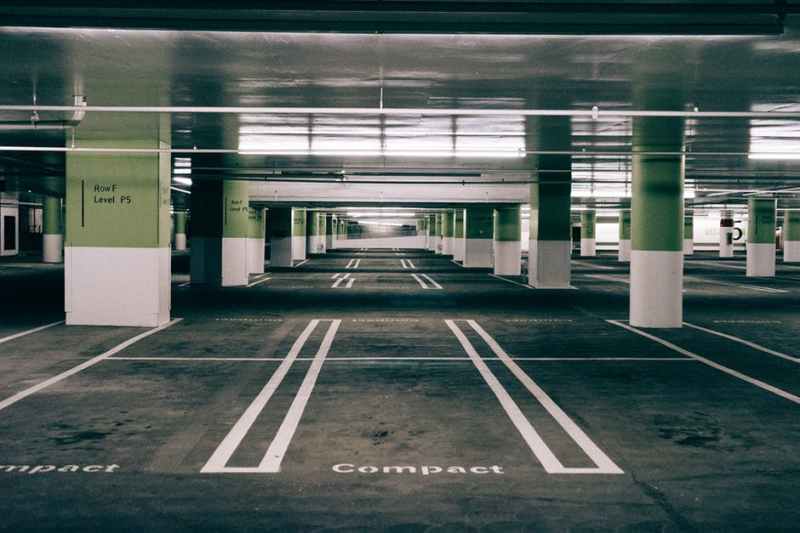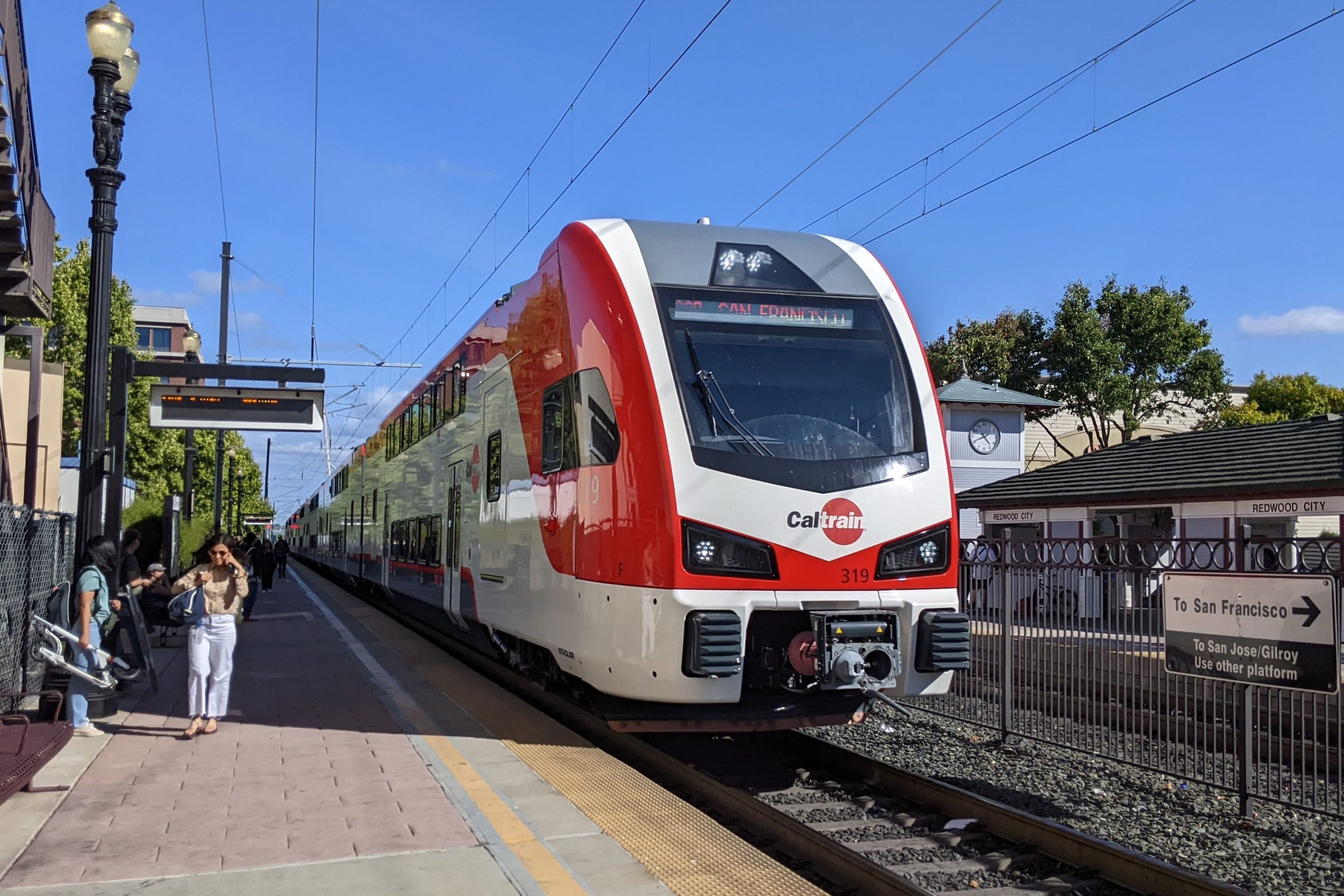Update, June 2: A.B. 1401 passed the Assembly 51-17 and will now go through the Senate process.
Despite the many many words that have been written about the ways that minimum parking requirements increase the costs and difficulty of building affordable housing, create more parking than needed, and encourage more driving just when everyone should be figuring out how to drive less, there is still organized opposition to A.B. 1401. This bill would simply prohibit a city from requiring a set minimum number of parking spots in places well-served by transit.
The League of California Cities and other groups continue to oppose the bill because of fears that it would remove a tool cities rely on to get affordable housing units included in projects. That is, the Density Bonus law allows cities to require less parking in exchange for more affordable housing on a case-by-case basis.
So basically the League and its partners want to keep a harmful requirement so it can be used as a bargaining chip.
But evidence suggests that simply removing parking minimums leads to more affordable housing being built – certainly more than is built under Density Bonus law. For more on why, see previous Streetsblog coverage.
Where similar relaxations of parking requirements have already been done – in San Diego and downtown Los Angeles – removing parking minimums has led to a bit less parking being built overall, as well as significantly less expensive costs to build housing, including affordable housing. Developers can better adjust to individual circumstances like lot size, housing type, and local context if the decision is left up to them, whereas minimum parking requirements force them to strictly adhere to a set number of parking spots per size of unit, no matter what.
The California Bicycle Coalition recognizes the importance of encouraging alternative means of travel and dedicating less space to cars, and is asking for signatories on its petition in support of A.B. 1401, here.
Writes CalBike:
Today, most places in California require developers to set aside massive amounts of space for car parking, even in new housing supported by great transit service. Streets that should be inviting to people walking and biking are made unfriendly by parking garages and increased traffic. We are forced to sacrifice plentiful housing for people to build housing for cars.
A.B. 1401 is not a blanket prohibition against all parking minimums; it applies only to places with good transit.
It’s time to set aside opposition based on old ways of doing things.






